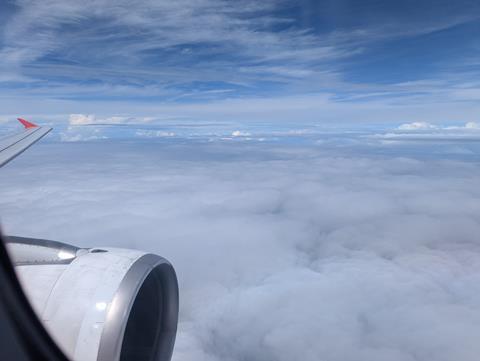An aviation consultancy has warned about inconsistent regulatory oversight for Extended Diversion Time Operations (EDTO) in the Asia-Pacific.
According to FSC Partners, persistent regulatory oversight is required for the safe conduct of EDTO operations, which allow twin-engined airliners to operate routes where the diversion time to alternative aerodromes exceeds certain thresholds.

EDTO is particularly important for airlines operating twin-engined aircraft over large bodies of water in certain regions of the Asia-Pacific.
“Generally, an operator should provide quarterly reports to demonstrate equipment serviceability and list any effect regarding EDTO,” says FSC.
“However, these reports are often omitted, or not of a sufficient standard, in certain areas where oversight is ineadequete. Experienced and qualified airworthiness inspectors are at times lacking, which may impact EDTO oversight”.
The consultancy warns that some operators may be “routinely” conducting EDTO operations that are not compliant with international norms, and which also fail to meet regulations in their home jurisdiction.
This represents a safety issue both for the country where the airline originates, as well as in destination countries.
FSC stresses, however, that non-adherence is not necessarily deliberate, but reflects a lack of experience among both airlines and regulators, particularly given that numbers of experienced personnel left the industry during the coronavirus pandemic.
Still, despite efforts by airframers and ICAO to help improve regulatory oversight of EDTO operations, some countries can be slow to adopt better practices.
External audits can help, but these have the danger of becoming “little more than desktop exercises” that may miss key issues.
FSC also sees continued issues with non-revenue flights, such as delivery flights or post-maintenance flights. It feels that such flights should attract greater scrutiny from regulators, who should also give clear guidance about the conduct of such flights.
“Delivery flights or technical flight tests are beyond the norm for most airline pilots and should require specific training,” says FSC.


























